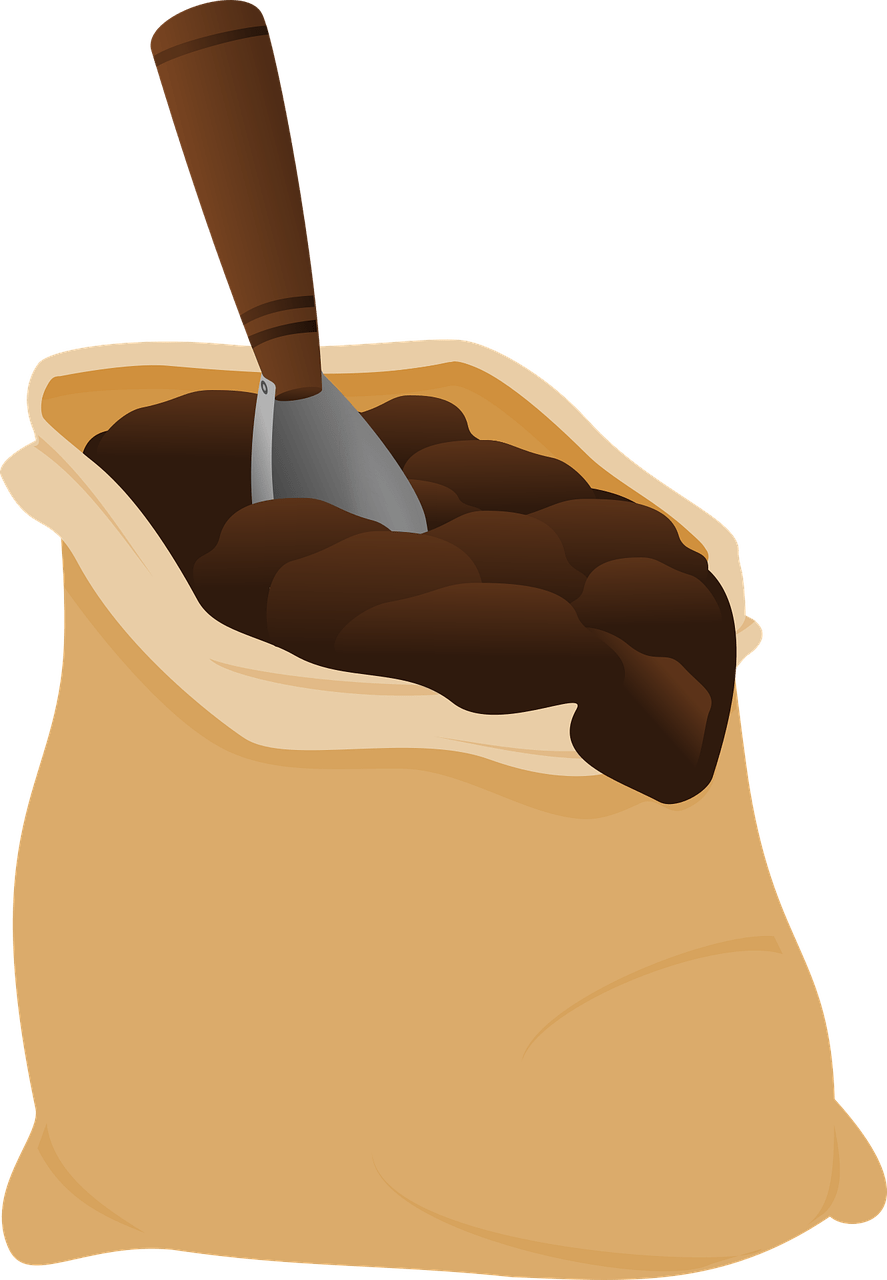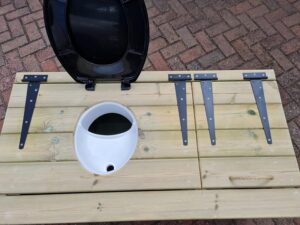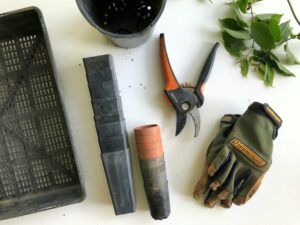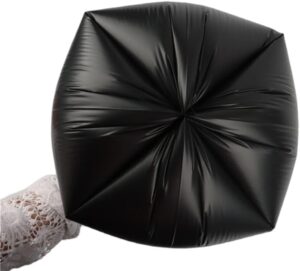Let’s dive into the essentials of composting by focusing on what materials we should steer clear of adding to our compost piles. In this article, “What Materials Should I Avoid Composting?” we’ll explore the common items that might seem suitable but can actually harm our composting efforts. By being mindful of these materials, we ensure our compost remains healthy and beneficial for our gardens. Have you ever found yourself wondering, “What materials should I avoid composting?” If so, you’re certainly not alone. Composting is an incredibly rewarding practice that helps us turn everyday organic waste into nutrient-rich soil. However, knowing what to compost and what to steer clear of can sometimes be a bit perplexing. In this article, we’ll delve into the world of composting and outline exactly which materials you should avoid tossing into your compost pile.
Understanding Composting
Composting is a natural process where organic waste is decomposed by microorganisms, fungi, and worms. The end result is a dark, crumbly, and earthy-smelling material that enriches the soil. While composting can significantly reduce the waste we send to landfills, adding the wrong materials can impede the process, attract pests, or introduce harmful pathogens to your garden.
Why Some Materials Should be Avoided
Not all organic material is fit for composting. Some items may break down too slowly, contain harmful chemicals, or create an imbalance in the composting process. Understanding these nuances is crucial to producing high-quality compost.
The Basics of a Good Compost Pile
A good compost pile is a balanced mix of “greens” and “browns.” Greens are rich in nitrogen and include items like fruit scraps and coffee grounds. Browns are high in carbon and can be found in dried leaves and cardboard. Keeping this balance ensures efficient decomposition and a healthy compost pile.
Materials to Avoid Composting
Meat and Dairy Products
Why Avoid Them
Meat and dairy products can take a long time to break down, attracting pests such as rats and raccoons. Additionally, as meat and dairy decompose, they can produce foul odors and potentially harmful pathogens.
| Meat & Dairy Products | Reason to Avoid |
|---|---|
| Meat | Attracts pests, slow decomposition, odor |
| Dairy products | Attracts pests, odor, potential pathogens |
Oily and Greasy Foods
Why Avoid Them
Oils and fats can also bring unwanted pests to your compost pile. They tend to coat other materials, preventing them from breaking down properly and leading to an imbalance in your compost mix.
| Oily & Greasy Foods | Reason to Avoid |
|---|---|
| Cooking oils | Attracts pests, slow decomposition |
| Greasy foods | Prevents material breakdown, leads to imbalance |
Diseased Plants
Why Avoid Them
Diseased plants can introduce pathogens to your compost pile, which can survive the composting process and later infect your garden plants.
| Diseased Plants | Reason to Avoid |
|---|---|
| Any plant with disease | Spreads pathogens in compost & garden |
Pet Waste
Why Avoid Them
Pet waste, including feces from dogs and cats, can contain harmful pathogens and parasites. These can survive the composting process and pose health risks.
| Pet Waste | Reason to Avoid |
|---|---|
| Dog feces | Contains harmful pathogens |
| Cat litter | Contains harmful pathogens |
Invasive Weeds and Seeds
Why Avoid Them
Invasive plants and weed seeds may not break down completely, allowing them to sprout in your garden when you use the compost.
| Invasive Weeds & Seeds | Reason to Avoid |
|---|---|
| Weed seeds | Sprout when compost is used |
| Invasive weeds | Survive composting process |
Treated Wood and Sawdust
Why Avoid Them
Treated wood and sawdust can contain harmful chemicals like creosote or arsenic. These chemicals can leach into your compost and subsequently into your soil and plants.
| Treated Wood & Sawdust | Reason to Avoid |
|---|---|
| Treated wood | Contains harmful chemicals |
| Treated sawdust | Contains harmful chemicals |
Chemically Treated Plants and Grass
Why Avoid Them
Plants and grass treated with pesticides and herbicides can introduce toxic chemicals into your compost. These substances can linger in your compost and negatively affect your garden plants.
| Chemically Treated Plants & Grass | Reason to Avoid |
|---|---|
| Pesticide-treated plants | Introduces toxic chemicals |
| Herbicide-treated grass | Introduces toxic chemicals |
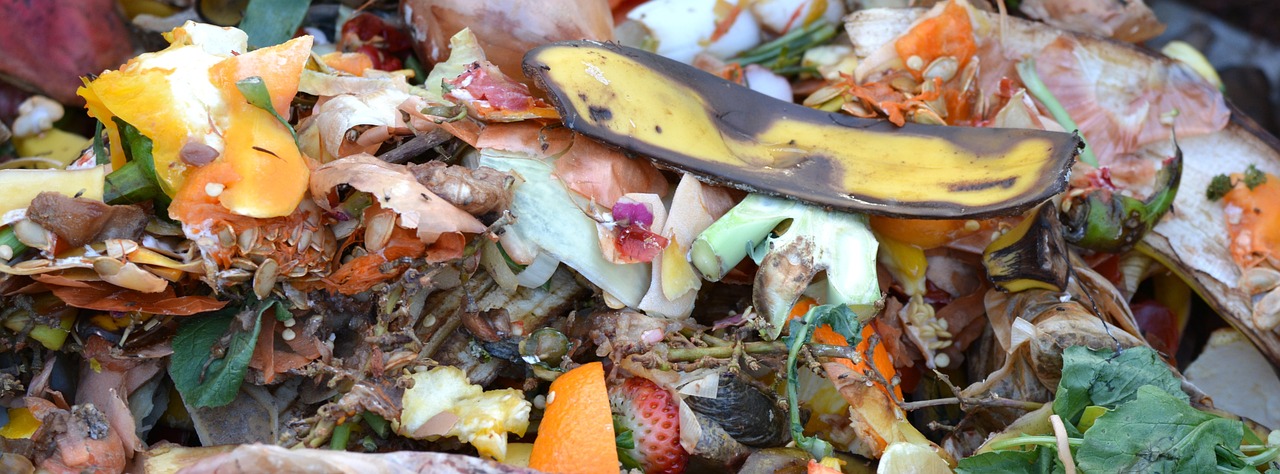
Better Connect with Your Compost
Tips for a Healthier Compost Pile
There are plenty of ways to ensure your compost pile remains healthy and productive. Here are a few tips to maintain the perfect balance:
- Turn Regularly: Aerate the pile by turning it with a pitchfork or shovel to speed up the decomposition process.
- Maintain Moisture: Your compost pile should be as moist as a wrung-out sponge.
- Balance Greens and Browns: Aim for a 50/50 mix of green and brown materials for the best results.
Alternatives to Composting Prohibited Items
Just because some items shouldn’t go into your compost pile doesn’t mean they can’t be disposed of responsibly. Here are some alternative ways to handle materials that should be avoided in compost:
- Meat and Dairy Products: These can often go into municipal composting facilities equipped to handle such materials.
- Pet Waste: Consider setting up a designated pet waste composting system. Commercial pet waste composters are available.
- Diseased Plants: Dispose of these through your local waste management service to prevent spreading to other plants.
- Chemically Treated Plants: Check with local waste disposal guidelines for the safest method of disposal.
Frequently Asked Questions
Can I compost cooked vegetables?
Yes, cooked vegetables can generally be composted as long as they are not heavily seasoned or oily. Keep in mind the balance of your compost pile; cooked vegetables should be mixed with plenty of brown materials.
Is it okay to compost paper products?
Most paper products can be composted, especially if they are unbleached and free of heavy inks or adhesives. Shred paper to speed up the decomposition process. However, avoid glossy paper and those with plastic coatings.
Are coffee grounds good for composting?
Absolutely! Coffee grounds are an excellent green material, rich in nitrogen. They can even help repel pests. Just be sure to balance them with enough brown materials like dry leaves or cardboard.
How do I know if my compost is ready to use?
Compost is ready when it looks dark and crumbly and has an earthy smell. It should no longer resemble the original waste materials.
What can I do with compost that’s not fully decomposed?
Partially decomposed compost can be used as mulch around plants or returned to the compost pile to continue breaking down.
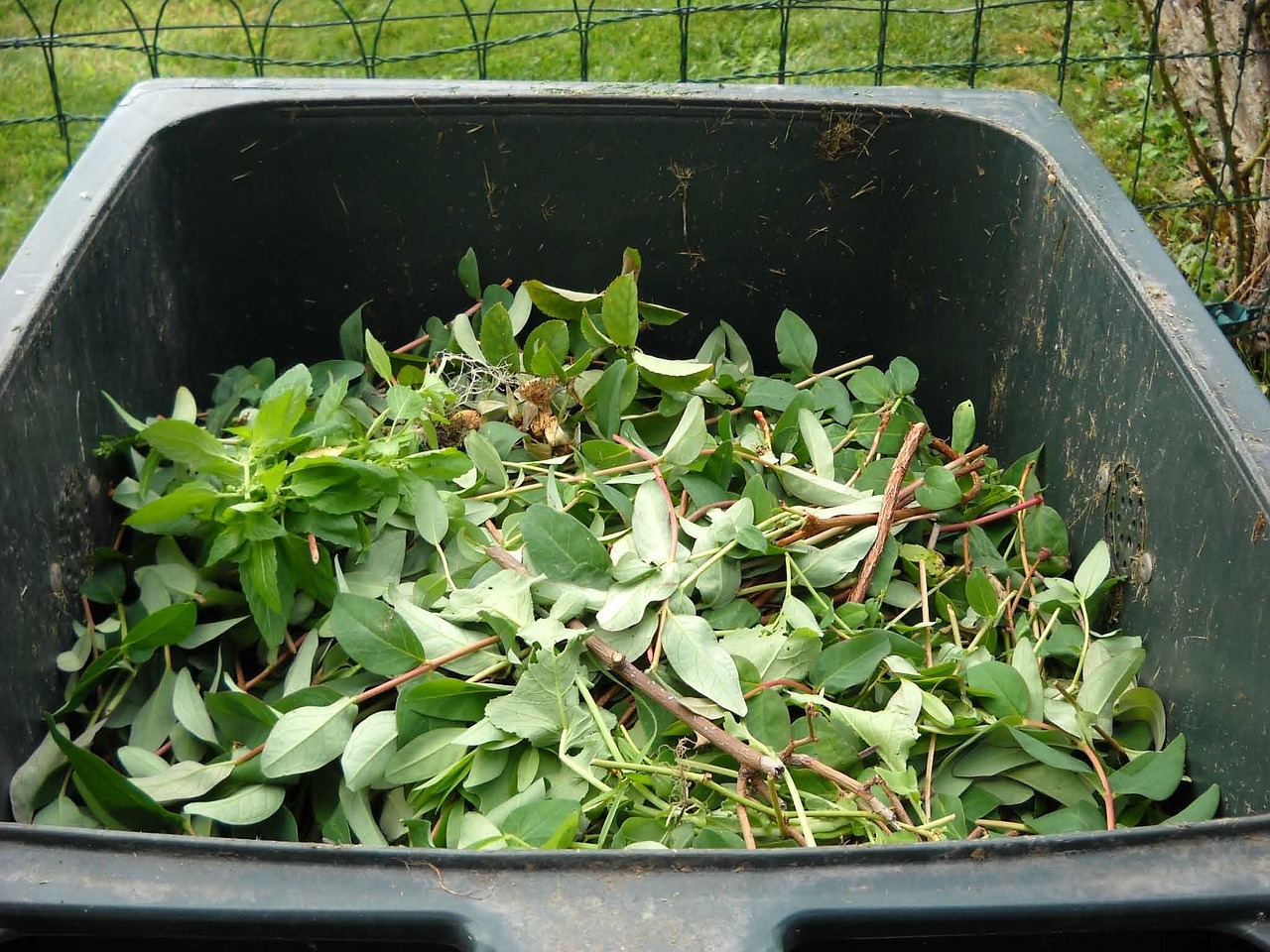
Conclusion
Being informed about what materials to avoid composting is essential for a productive and healthy compost pile. By steering clear of problematic items like meat, dairy, oily foods, diseased plants, pet waste, invasive weeds, treated wood, and chemically treated plants, we can create rich, valuable compost that enhances our gardens and reduces waste. Happy composting!

